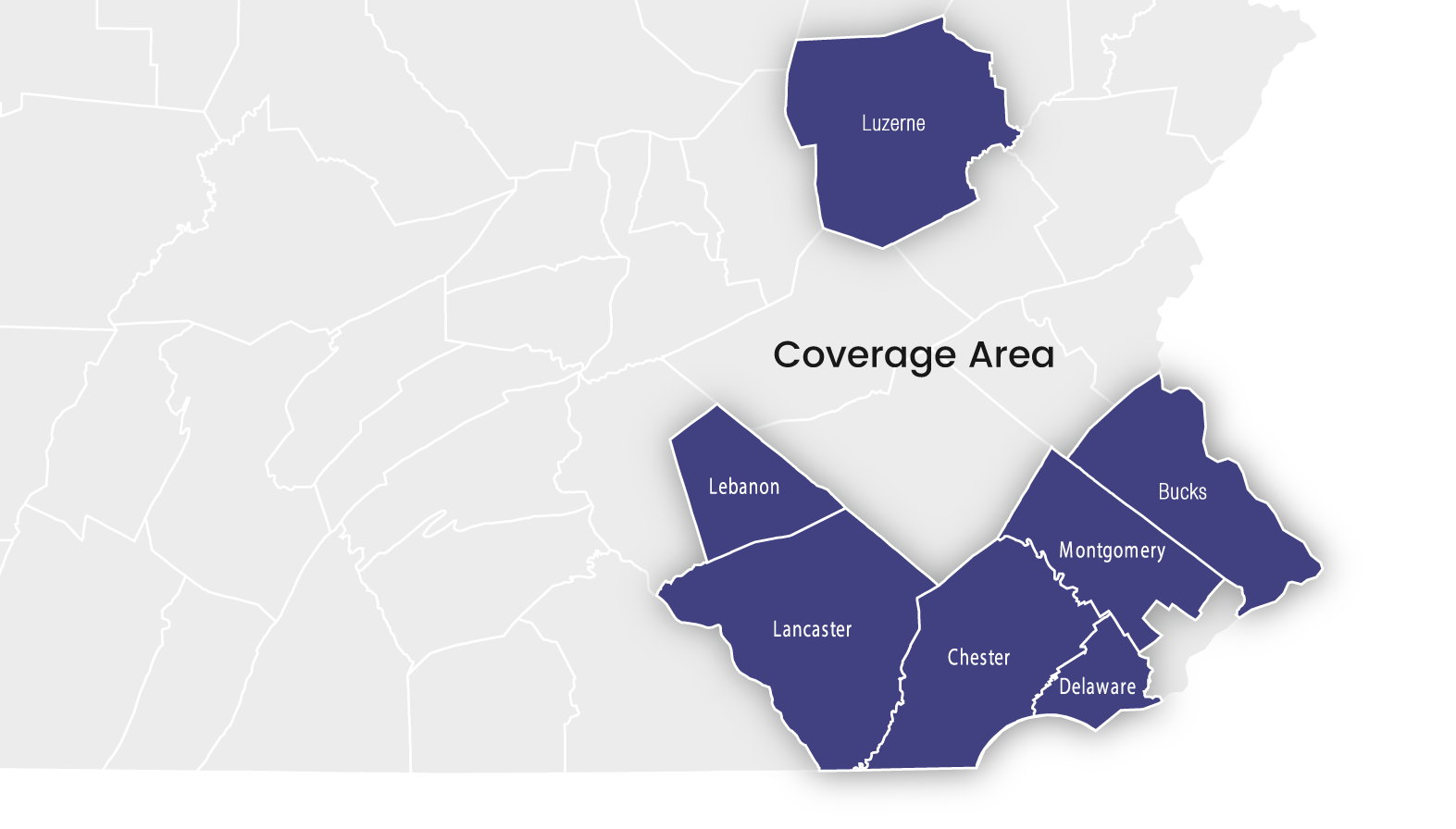Therapeutic Services
Therapeutic Services
 Our clinical team consists of 4 master’s level clinicians specializing in the treatment of children and adolescents. Therapeutic services include treatment for the following: trauma, inappropriate sexual behaviors, anxiety, depression, social skill deficits, anger, impulsivity, decision making, etc. Treatment is evidence-based and trauma supported.
Our clinical team consists of 4 master’s level clinicians specializing in the treatment of children and adolescents. Therapeutic services include treatment for the following: trauma, inappropriate sexual behaviors, anxiety, depression, social skill deficits, anger, impulsivity, decision making, etc. Treatment is evidence-based and trauma supported.
The Clinical team employs an integrated and holistic theoretical approach to provide the highest level of care most conducive for positive change. Theoretical approaches utilized include Cognitive Behavioral Therapy (CBT), Trauma-Focused Cognitive Behavioral Therapy (TF-CBT), Dialectical Behavior Therapy (DBT), Psychodynamic Therapy, Attachment Theory, Self-Regulation Model, Psycho-Educational Approach, positive psychology, Systems Theory, etc. Furthermore, evidence-based practices, including trauma-supported care, Motivational Interviewing, and the Risk-Need-Responsivity Model, are utilized to monitor treatment goals and outcomes. Therapeutic services are provided by master’s level clinicians using individual therapy to promote change and growth.
The Academy Phoenix therapeutic services is rooted in the risk-needs-responsivity framework. The risk-needs-responsivity model posits three crucial elements to be addressed during the case and treatment planning. First, the risk principle holds that we must tailor our interventions to the client’s risk of future offending. Those at the highest level of risk should receive the most intensive and structured treatment. In contrast, those at the lowest level of risk should receive less intensive and perhaps less restrictive or supervised forms of treatment and risk management. The needs principle examines the role of criminogenic needs or targets associated with criminal behavior like offense-supportive attitudes, poor social support networks, substance abuse, or other risky behaviors. The responsivity principle considers an individual’s response to treatment, including motivation, engagement, cognitive or learning impairments, level of insight, and general process in treatment when developing treatment plans.

Our clinical team consists of 4 master’s level clinicians specializing in the treatment of children and adolescents. Therapeutic services include treatment for the following: trauma, inappropriate sexual behaviors, anxiety, depression, social skill deficits, anger, impulsivity, decision making, etc. Treatment is evidence-based and trauma supported.
The Clinical team employs an integrated and holistic theoretical approach to provide the highest level of care most conducive for positive change. Theoretical approaches utilized include Cognitive Behavioral Therapy (CBT), Trauma-Focused Cognitive Behavioral Therapy (TF-CBT), Dialectical Behavior Therapy (DBT), Psychodynamic Therapy, Attachment Theory, Self-Regulation Model, Psycho-Educational Approach, positive psychology, Systems Theory, etc. Furthermore, evidence-based practices, including trauma-supported care, Motivational Interviewing, and the Risk-Need-Responsivity Model, are utilized to monitor treatment goals and outcomes. Therapeutic services are provided by master’s level clinicians using individual therapy to promote change and growth.
The Academy Phoenix therapeutic services is rooted in the risk-needs-responsivity framework. The risk-needs-responsivity model posits three crucial elements to be addressed during the case and treatment planning. First, the risk principle holds that we must tailor our interventions to the client’s risk of future offending. Those at the highest level of risk should receive the most intensive and structured treatment. In contrast, those at the lowest level of risk should receive less intensive and perhaps less restrictive or supervised forms of treatment and risk management. The needs principle examines the role of criminogenic needs or targets associated with criminal behavior like offense-supportive attitudes, poor social support networks, substance abuse, or other risky behaviors. The responsivity principle considers an individual’s response to treatment, including motivation, engagement, cognitive or learning impairments, level of insight, and general process in treatment when developing treatment plans.


